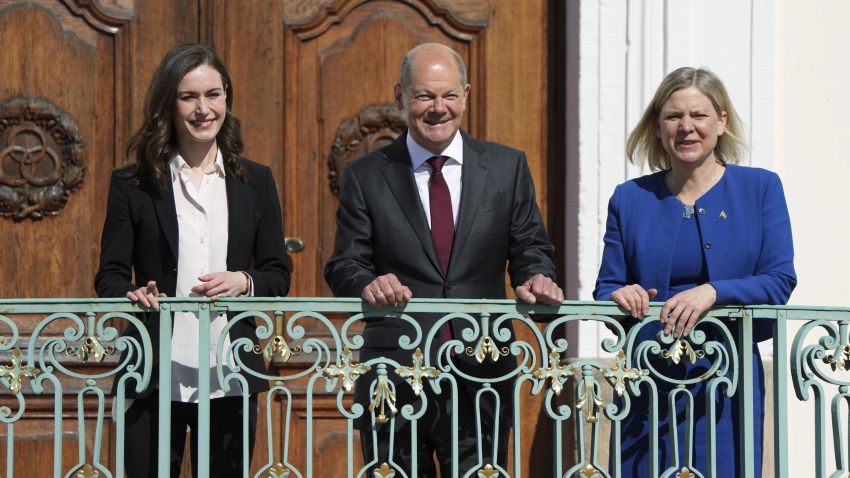Since the late 1980s, a recurring trope in the British news media has been an opinion piece that picks out a Scandinavian state either for ostentatious praise or condemnation. This often takes the form of a right-wing tabloid condemning specific social welfare policies as fostering dependence on the state, or left-wing columnists praising those same measures for promoting social justice. In both cases, the use of Scandinavia as a space onto which the anger and anxiety of British political debate is projected reduces what are complex societies to ideological caricatures wielded as weapons in the U.K.’s culture wars. Reading such depictions of Scandinavia often tells you more about Britain’s own political dysfunctions than it does about how Swedes, Finns, Danes or Norwegians organize their societies.
This tendency to reduce Scandinavia to a simplistic caricature misses social dynamics that provide fascinating insights into how these societies are adapting to social change, as well as how Europe as a whole might overcome its economic and political challenges. For the fascination with Scandinavia goes beyond Britain, with debate over welfare reform in European Union states such as Germany, France, Italy and Czechia often looking north in search of precedents to follow.
In their efforts to preserve a way of life built through a century of social and political struggle, Scandinavian states are potentially finding their way through to a renewed social contract around which the rest of the EU and its neighborhood can build a more stable and prosperous future.

